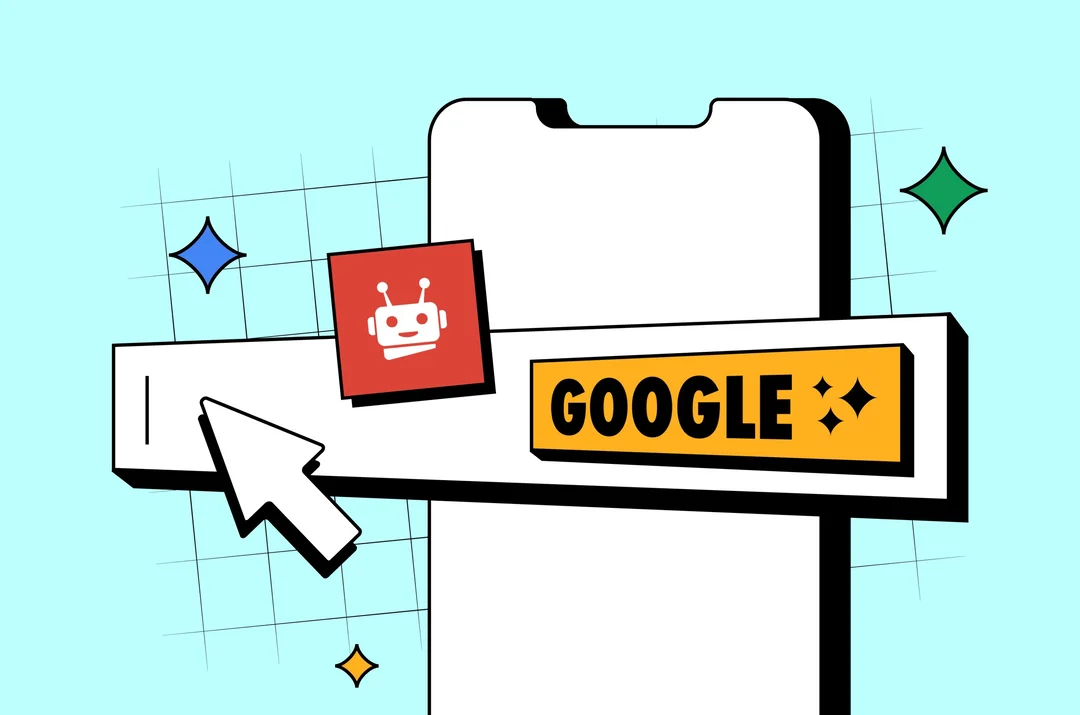
Google’s AI Midlife Crisis: Burying the Web or Ushering in a New Era of Search?
Is Google having a midlife crisis? The question is swirling as the tech giant aggressively embraces AI, leaving many wondering about the future of search and the web itself. From creating AI cartoons of crime-fighting Chihuahuas to reinventing search with its AI Mode powered by Gemini, Google's all-in bet on AI is raising eyebrows and sparking debate.
The launch of ChatGPT in late 2022 sent shockwaves through Google, intensifying its focus on AI. With OpenAI's release of ChatGPT Search, a direct competitor to Google Search, the pressure mounted. Google's recent I/O developer conference showcased a flurry of AI-centric announcements, signaling a dramatic shift in strategy.
User Friendly's Adam Clark Estes, after a week of experimenting with Google's new AI tools, describes the company's current state as being "somewhere between crisis and glory." The dominance Google has enjoyed for the past 15 years, fueled by search and advertising, is now under threat. As AI reshapes the digital landscape, the question looms: who will lead the next era, and how will we interact with the internet?
Traditionally, finding information online involved typing keywords into Google, selecting a relevant blue link, and clicking. Google's multibillion-dollar advertising business thrives on companies bidding on search terms. However, the rise of AI chatbots like ChatGPT and Perplexity, which summarize information from websites, presents a formidable challenge. Notably, Google recognized early on this eventuality hence the development of the AI Overviews & AI Mode, but is it too late?
AI Mode, powered by Google's large language model Gemini, provides detailed reports in response to complex queries. While AI Mode offers convenience, with one query yielding nearly 600 words without needing to click source links, the technology's susceptibility to "hallucinations" raises concerns about reliability. Furthermore, publishers are seeing traffic declines from Google as more people bypass traditional search in favor of AI chatbots.
According to analysts, Google is burying the web alive. Geoffrey A. Fowler of the Washington Post highlights Google's initial popularity due to simplifying online information retrieval. However, its dominance in the future AI-powered landscape is less certain. IDC infobrief emphasizes how generative AI (GenAI) is changing how forward-looking organizations approach search, knowledge management, and other forms of knowledge discovery. Modern search systems have made great leaps in the accuracy thanks to AI-based capabilities such as natural language processing, machine learning-based relevancy, and vector (aka semantic) search.
Despite the uncertainty, Estes admits to liking the new Google. Gemini in Chrome allows the AI assistant to analyze website content and YouTube videos in real time. This more targeted approach complements AI Mode's web-wide capabilities.
As Google pushes forward with its AI initiatives, questions about the future of search and the web remain. Will Google successfully navigate its AI midlife crisis, or will another startup emerge to simplify the AI landscape further? Will the ad-supported revenue model eventually fade away?
What are your thoughts on Google's AI-driven transformation? Share your opinions and predictions in the comments below!